Case Law Details
High Court held In the case of M/s Swarovski India Pvt. Ltd. V. DCIT that in this case, queries and issues have been specifically raised and answered by the assessee in the original assessment proceedings. Thus, even though AO did not make any addition in the assessment order, it would have to be accepted that the issue was examined but the Assessing Officer did not find any ground or reason to make any addition or to reject the stand of the assessee. Consequently, it will have to be presumed that the AO had formed an opinion which is now sought to be changed through the re-assessment notice, which cannot be permitted.
Facts of the Case
The original assessment was completed under Section 143(3) on 04.12.2009. Since the brought forward losses of the Delhi Unit had not been accounted for in the assessment order, the petitioner moved an application under Section 154 seeking rectification, which was allowed by the AO, by an order dated 05.03.2010 after verifying the records. This is where the matter rested for more than four years when the impugned notice under Section 148 was issued on 28.03.2013. The reasons for invoking Section 147 of the said Act were supplied to the petitioner and to which the petitioner filed its objections on 07.01.2014. Thereafter, the order dated 18.02.2014 was passed by the AO rejecting the objections.
Contention of the Assessee
The learned counsel for the petitioner submitted that the notice under Section 148 and the proposed re-assessment of income in respect of the assessment year 2006-07 was bad in law because there was no failure on the part of the assessee to disclose particulars which were material for its assessment which was a requirement of the first proviso to Section 147 of the said Act. It was also pointed out that the reasons were also based on mere change of opinion. All the four points, which were raised in the ‘reasons’, were considered by the Assessing Officer at the time of the original assessment.
Contention of the Revenue
The learned counsel for the revenue supported the re-assessment proceedings as also the order dated 18.02.2014 and submitted that the petitioner’s case was validly taken up for re-assessment because of failure on the part of the assessee to fully and truly disclose all the particular materials for its assessment. The reasons for reassessment were given as under:
- The assessee had debited Rs. 27637716/- to the P&L account on account of provision for obsolete. As the provision made was not an ascertained liability, it should have been disallowed and added back to the total income of the assessee.
- The assessee company was running two units namely “100% EOU undertaking at Pune and Trading Unit at Delhi.” The income of 100% EOU undertaking at Pune was exempted u/s 10B of the Income Tax Act, while framing the assessment order, the AO has set off the B/f losses of Previous year which were pertaining to 100% EOU undertaking at Pune. The Income of the trading unit was required to be assessed separately and cannot be set off against the b/ f losses of Pune unit.
- The assessee has claimed and was allowed deduction of Rs. 108380645/- before set off unabsorbed depreciation and business losses of earlier year to the extent of income available. Had this loss been taken into account for computing the Profit of the business eligible for deduction u/s 10B, the assessee company would have been left with no income and thereby no deduction would have been allowed. The omission to do so resulted in incorrect allowance of deduction of Rs. 108380645/- u/s 10B.
- On perusal of records revealed that goods in transit of Rs.1,77,53,040/-and stores & spares of Rs. 1443503/- was not taken into account while crediting the closing stock in P& L account which resulted in under valuation of closing stock and consequently resulted in under assessment of income by like amount i.e. by Rs. 1,91,96,543/-.
Held by High Court
The first reason given for reassessment, we find that on the aspect of obsolete stock, a specific question was raised in the questionnaire furnished to the assessee by the Assessing Officer at the time of the original assessment. The details were provided by the assessee on 03.11.2009 by stating that the summary of stocks as on 31.03.2006 were enclosed as per Annexure-7. The said Annexure clearly disclosed that the assessee had deducted provision for obsolete goods in respect of both traded goods and manufactured goods to the extent of Rs 2,73,11,377/- and Rs 3,26,396/-, respectively. The sum of these two figures adds up to Rs 2,76,37,773/-, which is the amount referred to in the first reason given in the purported reasons for re-opening the assessment. This point was also taken in the objections preferred by the assessee before the Assessing Officer. But, we find that no heed has been taken thereof. All that this discloses is that the very point which is now sought to be raised in the re-assessment proceedings had been examined and considered by the Assessing Officer in the original assessment proceedings. Therefore, this issue cannot now be raised as it would be a mere change of the opinion.
The second reason for initiating re-assessment proceedings indicates that income of the trading unit was required to be assessed separately and could not be set off against the brought forward losses of the Pune unit. First of all, we agree with the learned counsel for the petitioner that this is factually incorrect. The losses of the 100% EOU undertaking at Pune had not been set off against the income of the trading unit at Delhi. 1. Available facts also disclose clearly that the second reason, which was given by the Assessing Officer for initiating re-assessment proceedings, had also been examined in detail by the Assessing Officer and, therefore, the only conclusion that can be arrived at is that the second reason was also a mere change of opinion which cannot be permitted. This is apart from the fact that nothing new has been brought to the fore by the Assessing Officer and all the details were available with the Assessing Officer at the time of the original assessment.
The third reason given in the purported reasons to believe that income had escaped assessment pertains to an allegation that an incorrect allowance of deduction of Rs 10,83,80,645/- had been given to the assessee when it was not eligible for the same. The learned counsel for the petitioner pointed out that the sum of approximately Rs 10.83 crores was exempted income of the assessee in respect of the 100% EOU Unit at Pune under Section 10B of the said Act. Therefore, it is incorrect to suggest that it was a deduction. It was an exemption. Furthermore, even if, for the sake of arguments, it is taken that the brought forward losses and unabsorbed depreciation were to be adjusted against this figure, the resultant figure would be Rs 7.8 crores and consequently, there would be no escapement of income which is an essential ingredient for invoking the provisions of Section 147 of the said Act.
Lastly, the fourth reason was with regard to goods in transit as also stores and spares of the amount of Rs 1,77,53,040/- and Rs 14,43,503/- respectively. In this connection also, we find that the details of the stock had been given by the assessee at the time of the original assessment and particularly, in response to the questionnaire that the Assessing Officer had handed over to the assessee. It is evident from the above extract that the goods in transit as well as the stores and spares had been clearly indicated. This aspect had, therefore, been specifically examined by the Assessing Officer during the original assessment. Apart from this, the goods in transit as well as the stores and spares, which were also in transit, could not have been taken as part of the stock particularly, in view of the fact that the assessee had not received the same and the purchases had not been claimed as a deduction. In the case of CIT v. Usha International: 348 ITR 585 (Delhi) (Full Bench), it was held that Reassessment proceedings will be invalid in case an issue or query is raised and answered by the assessee in original assessment proceedings but thereafter the Assessing Officer does not make any addition in the assessment order.
For all the above reasons, notice under Section 148 dated 28.03.2013 and the impugned order dated 18.02.2014 are set aside and the re-assessment proceedings in respect of the assessment year 2006-07 stand quashed.
Accordingly, appeal of the assessee allowed.









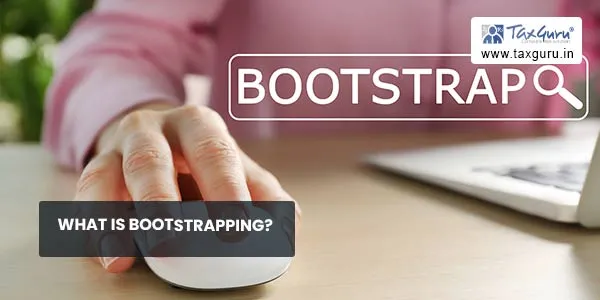
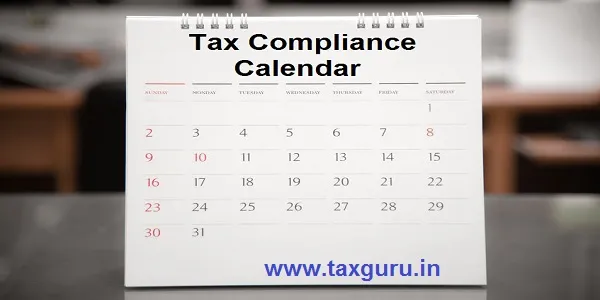



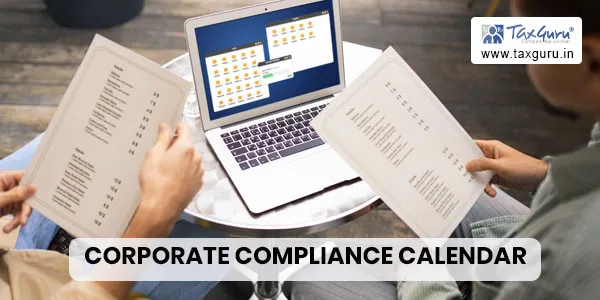

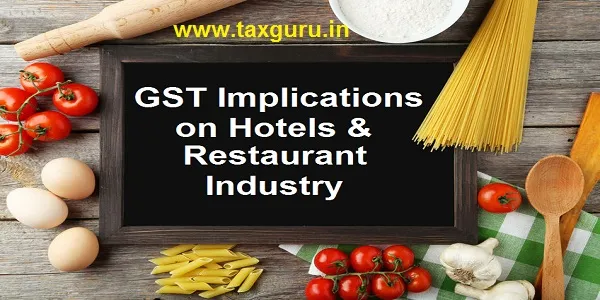


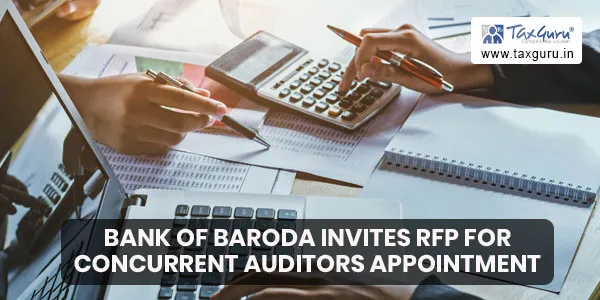
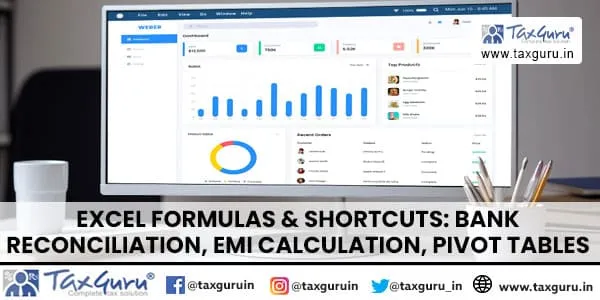
There are hundreds of decision of the courts including highest court where is the issue of re-opening assessment on same facts and material already on record not allowable however this is the department take action without any recourse or ignoring the findings of the several courts on subject matter and issue.
What is the requirement as per law to proceed in a case “Income escaping assessment”
1. The AO has “reason to believe” that
2. any income chargeable to tax
3. has escapement of assessment
4. subject to provisions of section 148 to 153
5. escapement by reason of the failure on the part of assessee
6. to disclose fully and truly all material facts necessary for his assessment
7. production account books or other evidence from which material evidence could with due diligence have been discovered
Further these are the judgments discussed in length the aforesaid:
(i) Moonbeam Finvest Lease Ltd vs ITO (2008)(ITAT Delhi)- “Reason to believe” or “Due application of mind”
(ii) CIT vs Orient Craft Limited reported in 354 ITR 536 (Delhi)- “Tangible material”
(iii) Fenner (India) Limited vs DCIT 241 ITR 672 (Mad)- “furnishing material facts truly and fully”
(iv) CIT vs. Pradeep Kumar Gupta and Vijay Gupta (2008) 303 ITR 95 (Delhi)- Mere adverse statements from others does not constitute information, unless the AO made further enquiries before taking action.